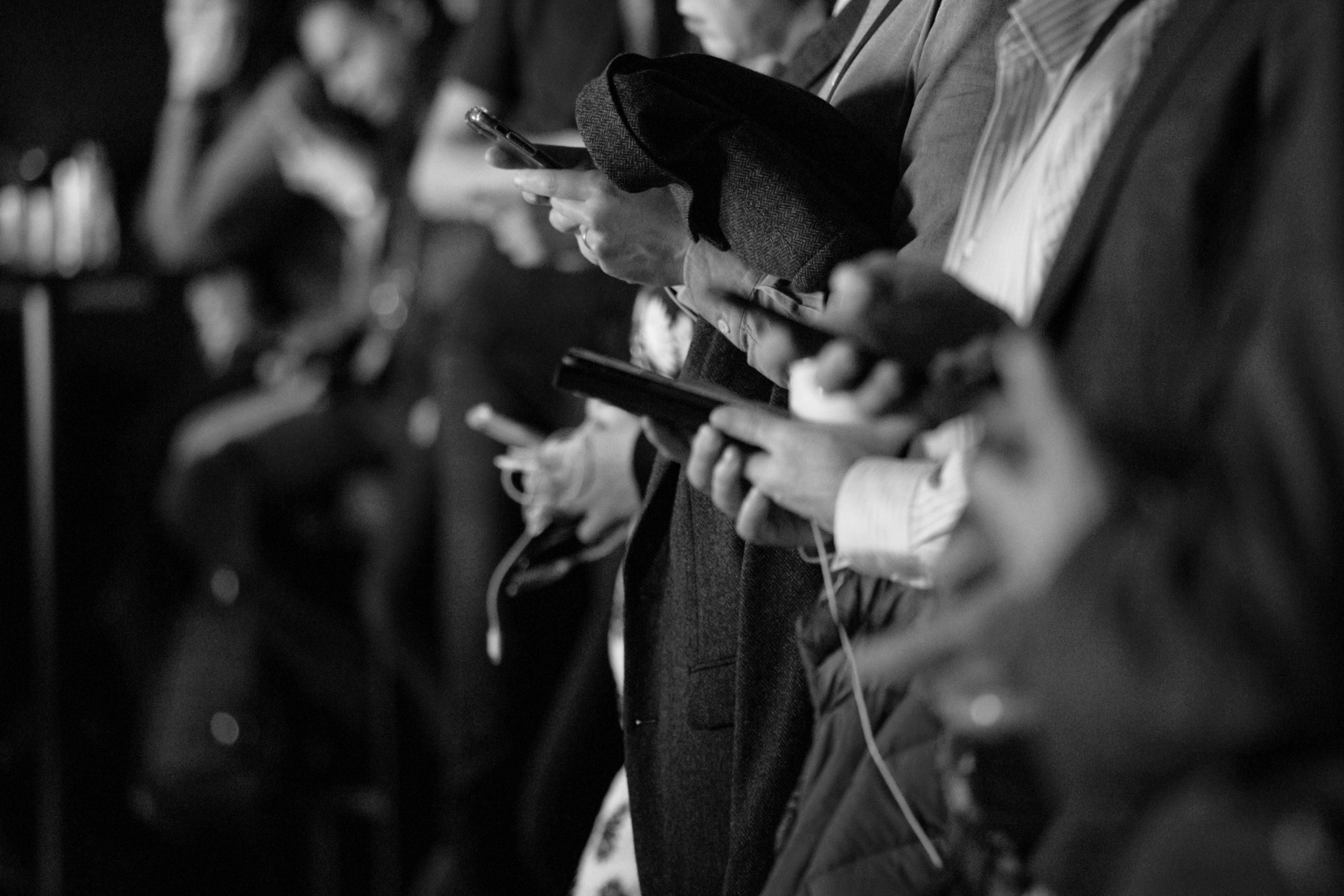No More Laches Defense for Patent Infringement
In what some perceive as a major shift from decades of precedent, the United States Supreme Court held last week that laches – unreasonable delay – is no longer a valid defense against a claim for patent infringement so long as the patent owner brings suit within the 6-year look-back limitation period prescribed in 35 U.S.C. § 286.
In SCA Hygiene Products Aktiebolag v. First Quality Baby Products, LLC, SCA, held a patent concerning the manufacture and sale of certain adult incontinence products. In October 2003, SCA sent a letter to First Quality asserting that First Quality was infringing SCA’s patent rights. In response, First Quality maintained that the patent at issue was invalid and could not support an infringement claim. SCA took no further action until July 2004 when, without notifying First Quality, asked the Patent and Trademark Office (PTO) to initiate a reexamination proceeding to determine whether the relevant patent was valid in light of certain pre-existing patents. Three years later, in March 2007, the PTO issued a certificate confirming the validity of the relevant patent.
Over three years later, in August 2010, SCA filed a lawsuit for patent infringement against First Quality. First Quality moved for summary judgment based on laches and equitable estoppel, and the District Court granted the motion on both grounds. SCA appealed to the Federal Circuit, which affirmed the District Court’s holding that laches can be asserted to defeat a claim for damages incurred within the 6-year period set out in the patent statute.
On appeal, the Supreme Court reversed, in part, basing its decision on the plain language of the statute, which it found evinced a judgment by Congress that a patentee may recover damages for any infringement committed within six years of the filing of the claim. The Court went on to find that it “would be exceedingly unusual, if not unprecedented, if Congress chose to include in the Patent Act both a statute of limitations for damages and a laches provision applicable to a damages claim.” Thus, the Court held, that the doctrine of laches cannot bar an otherwise timely claim for damages under the patent statute. The Supreme Court did note, however, that the doctrine of equitable estoppel can still provide protection against some of the problems that may arise when patentees induce potential targets of infringement suits to invest in the production of arguable infringing products.
In view of this decision, parties accused of patent infringement should be cognizant that they are potentially liable for six (6) years from the time of alleged infringement, regardless of how diligent the patent owner is in pursuing its claim.
No aspect of this advertisement has been approved by the highest court in any state.
Results may vary depending on your particular facts and legal circumstances.
As the law continues to evolve on these matters, please note that this article is current as of date and time of publication and may not reflect subsequent developments. The content and interpretation of the issues addressed herein is subject to change. Cole Schotz P.C. disclaims any and all liability with respect to actions taken or not taken based on any or all of the contents of this publication to the fullest extent permitted by law. This is for general informational purposes and does not constitute legal advice or create an attorney-client relationship. Do not act or refrain from acting upon the information contained in this publication without obtaining legal, financial and tax advice. For further information, please do not hesitate to reach out to your firm contact or to any of the attorneys listed in this publication. No aspect of this advertisement has been approved by the highest court in any state.
Join Our Mailing List
Stay up to date with the latest insights, events, and more





